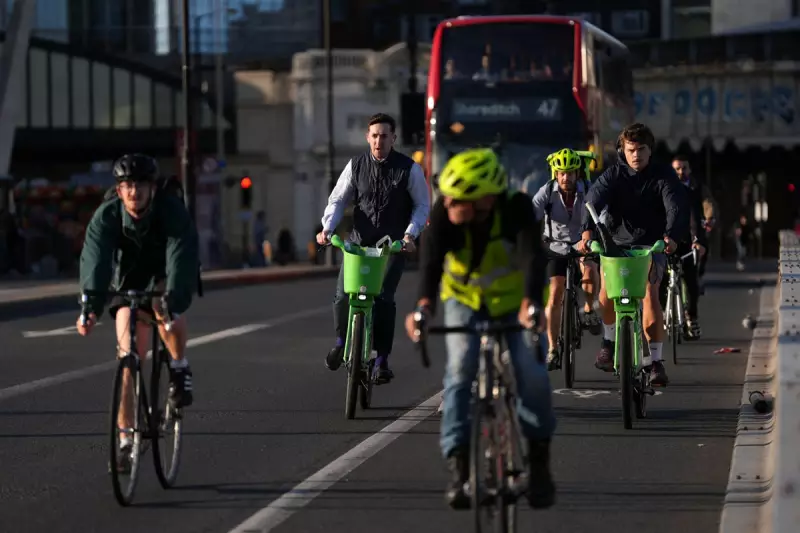
Chancellor Rachel Reeves is preparing to crack down on expensive bicycle purchases through the government's Cycle to Work scheme following concerns that wealthy commuters are exploiting the tax break intended for ordinary workers.
Scheme Under Scrutiny
According to reports in the Financial Times, the Treasury will target high-earning cyclists who use the scheme to purchase premium bikes worth thousands of pounds. The programme allows employees to buy bicycles and accessories through interest-free loans from their employers, with repayments deducted from salaries before income tax and national insurance calculations.
Government sources revealed that Ms Reeves is particularly concerned about "high earners in the Surrey Hills" using the scheme to make substantial savings on expensive frames, rather than the tax break benefiting everyday commuters seeking greener travel options.
Background and Financial Impact
One government figure told the Financial Times: "It should be about helping ordinary commuters switch to greener travel, not giving tax breaks to high earners buying £4,000 e-bikes for weekend rides in the Surrey Hills."
The Cycle to Work scheme was originally introduced under Tony Blair's government in 1999 with a £1,000 cap, but this limit was removed in 2019 after complaints about certain bicycles being excluded. The subsidy programme cost the government £130 million in the 2024-25 financial year.
Industry Response and Wider Implications
Will Pearson, co-owner of London-based Pearson Cycles, warned that any new limit on the scheme would need to be set at a "sensible level" to avoid harming progress on environmentally friendly commuting. He told the Financial Times: "The government should leave the scheme alone or, ideally, improve the incentives rather than restrict them. Customers are far more likely to consistently use their bikes if they are of a certain quality, reliable and efficient. This often comes at a higher price tag."
The potential changes to the Cycle to Work scheme form part of a broader Treasury review of government subsidy programmes. Reports suggest officials are also examining limits on how much employees can transfer into their pensions without incurring employer and employee national insurance taxes.
These measures come as Rachel Reeves searches for ways to address a £30 billion hole in Britain's public finances ahead of the Budget scheduled for 26 November. A Treasury spokesperson maintained their standard position, stating: "We do not comment on speculation around changes to tax outside of fiscal events."





